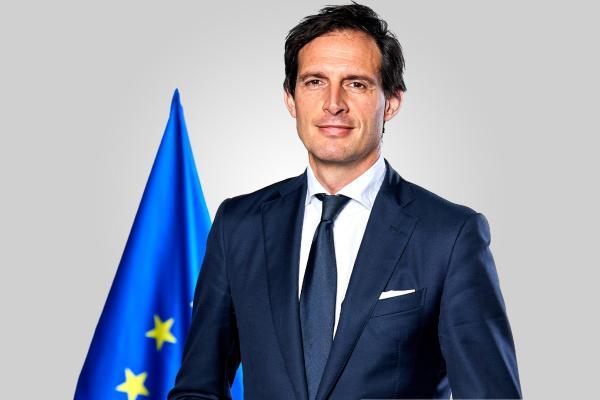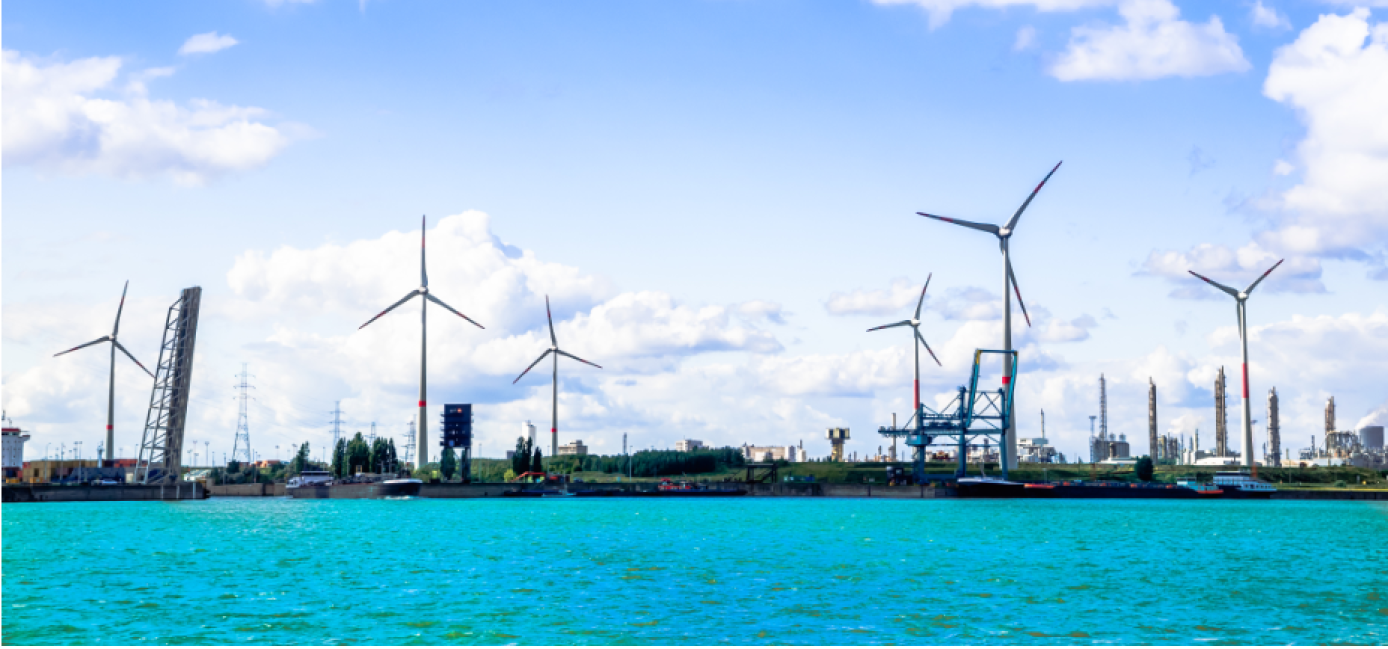
European Commission awards grants to 13 hydrogen projects in latest Innovation Fund call
The European Commission announced a major investment of €2.9 billion through the Innovation Fund—financed by the EU Emissions Trading System—to support 61 advanced net-zero technology projects across 19 industrial sectors and 18 countries. The selected initiatives aim to reduce around 221 million tonnes of CO₂ equivalent over their first decade of operation—roughly equivalent to emissions from 9.9 million average European cars.
Thirteen hydrogen-related projects, will get a share of €2.9bn ($3.1bn) from the EU:
Four transport-focused hydrogen projects in Norway, Finland, and the Czech Republic have been awarded:
- RjukanLH2 will feature a new liquefaction plant, cryogenic storage, and liquid hydrogen bunkering facilities to fuel four hydrogen-powered shortsea container vessels.
- Project ODIN will retrofit 15 Cessna single-engine turboprop aircrafts with hydrogen-electric PEM fuel cell powertrains, replacing kerosene turboprops, and will deploy refuelling and storage infrastructure in over 15 Norwegian airports.
- Thee MAGHYC project in Finland will demonstrate onboard low-carbon hydrogen production, through thermal catalytic decomposition of bioLNG with capture of solid carbon, on a new built cruise ship.
- The Czech project H2CWAY will have Iveco Bus manufacture two types of hydrogen fuel cell-powered intercity buses for public transport operations.
Several green hydrogen-based e-fuel projects will produce sustainable aviation fuels (SAF) or methanol:
- France’s TAKE KAIR, ReSTart, and DEZiR projects are expected to establish large-scale e-SAF production plants, designed to supply key European hubs such as Paris-CDG airport and Amsterdam-Schiphol.
- Denmark’s ENDOR projectwill build a commercial power-to-liquid facility to produce e-SAF and e-naphtha using renewable electricity, biogenic CO2, and hydrogen.
- RECLAIM in Denmark and PP2XHin Estonia are both targeting the maritime and heavy transport sectors with e-methanol.
- Spain’s LUXIA project will establish large-scale production of both renewable methanol and ammonia.
Two projects are focusing on technology development:
- Italy’s H2EAT will industrialise a 25kW wall-mounted hydrogen boiler for the domestic market, using flameless catalytic combustion, with potential of very high efficiency with no CO2 or NOx emissions.
- In Germany H2Pearl will create an automated production line for PEM electrolyser stacks.
Besides these 13 projects directly related to hydrogen, also the Belgian project Alpha One one is of the winners. This project will develop a closed‑loop system in which 'Iron Fuel' is transported to multiple industrial sites where it is oxidised producing heat. Iron oxide is collected from end-users and returned for regeneration using hydrogen before being redistributed. As such it can decarbonise high‑temperature heat at scale.
The full list of ETS-IF rewarded projects, with more elaborate descriptions, can be found in this link.
The European Commission plans to launch the next Innovation Fund calls in December 2025.

